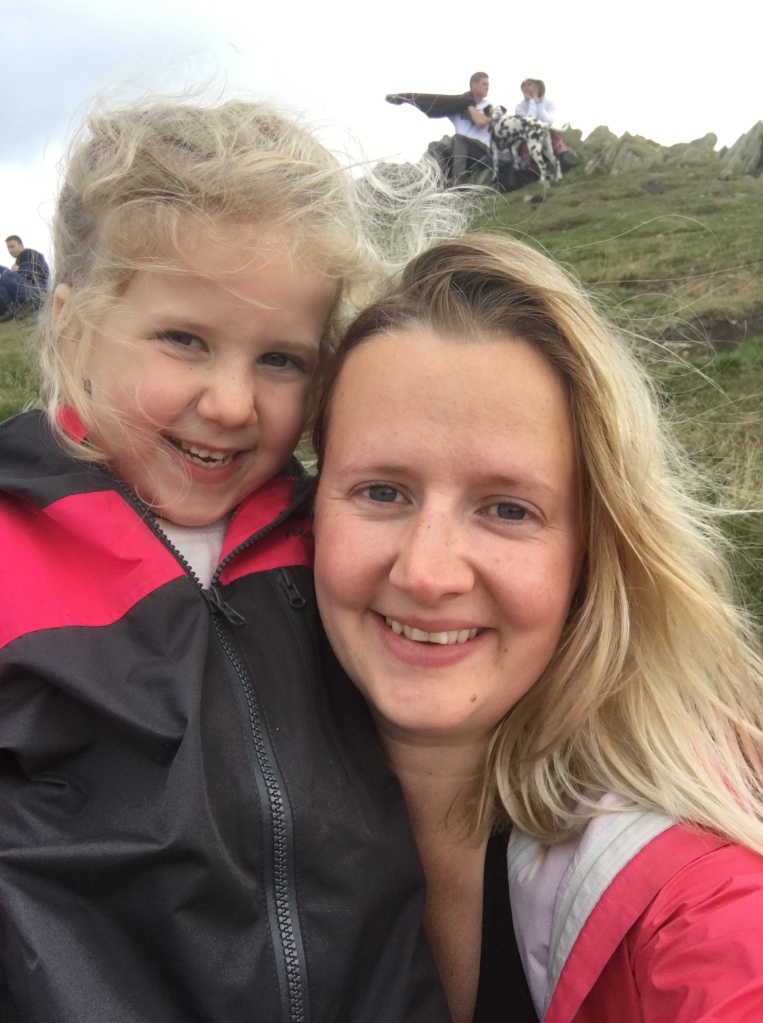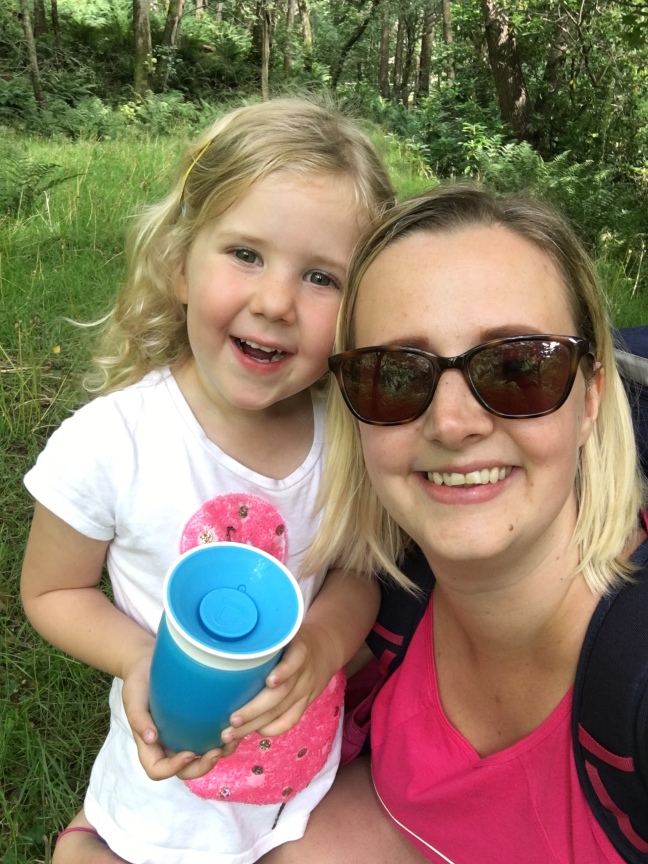I was scrolling through the blogosphere when an advert came up for the British Army. I’m pretty open to their cause and have a strange affinity because I grew up with a parent serving in the British Army. But something in me winced at this advert.
You see, their advertising has always been targeted but now it’s reaching into the hearts of the many people who have a sense of missing something. It reaches into the heart of the person who feels as though they don’t belong by offering them the one thing they want: a place to belong.
What does it mean to truly belong?
Often people allow fitting in and belonging to become interchangeable, when they actually sit opposite to one another. Fitting in is about changing yourself to be accepted – to fit in you can’t necessarily be yourself. On the other hand, belonging is about being yourself and being accepted and embraced anyway.
It’s because of this distinction, I think, that so many of us have felt that sense of not belonging at some point in our lives. And, oh what sweet relief, when we finally find people we can be real with, be entirely ourselves with. The joy of true friendship has been when I’ve completely messed up. That sounds strange, but it is so freeing to have people who we can turn to and say, “I seriously screwed up here,” and know that they’ll stand by us anyway. And yet, the problem with finding belonging in the people around us, or in our jobs, or our homes, is that these things inevitably shift and change. I know that I’ve loved moving house and yet, I’ve struggled with the shift in relationships. My friends are still my friends, even 100 miles away, but it isn’t the same. I don’t belong in that place anymore and that is uncomfortable.
True belonging
For me (and for millions of others around the world), the truest belonging is found in relationship with Jesus Christ. It doesn’t matter how badly I screw up, I can always turn to Him. It’s not without challenge, as we constantly reflect on our lives and little by little try to live better. My relationship with Jesus has changed so much over the last 30 years, but not because he has changed. Rather, he’s changed me. I’ve shifted and grown, and yet Jesus has stayed the same. His constant unchanging presence and truth has enabled me to find a deep sense of belonging that isn’t on offer anywhere else.
At the heart of belonging is Jesus’ offering of grace. It is this grace which allows us the space to be imperfect, to love and live imperfectly and yet to somehow belong at the same time. The world is full of imperfect people, living imperfectly and yet trying to mask their imperfections through literal or digital filters. This is dangerous, not least because filters lead to a lack of grace for ourselves, but also towards others. It’s dangerous because we slowly view ourselves through that lens of judgement and shame.
“If only they knew what you were really like…”
“If everyone knew what you did…”
“If only they knew who you really were…”
When we view ourselves through this lens, there isn’t a lot of room for grace… and there isn’t a lot of room for belonging either. This is fitting in, holding up the filter, hoping it never falls. Brene Brown says, “Those who have a strong sense of love and belonging have the courage to be imperfect.” Today, it truly is an act of courage to openly be imperfect… but to do so requires the truest sense of belonging.
Belonging in community
The other thing about finding true belonging in Jesus, abundantly surrounded by grace, is that it roots itself in community. The church doesn’t always get it right, but at its best it is trying to create that grace-filled space for people to enter into and to belong. Unfortunately, many Christians are the harshest judges, refusing to extend even the slightest amount of grace they themselves have received. But my hope is we can do better.
My hope is that we might be people who accept Jesus’ invitation into relationship with him because, when we do, we accept his invitation for grace and love; we accept his invitation to find an eternal belonging. A belonging that doesn’t shift. A belonging that isn’t dependent upon life’s circumstances.
My prayer is that we might be people who extend that grace to other people so they might also find belonging, and learn to drop the mask.

Welcome. Please, come in. You won’t find perfect people here, but we hope you will find belonging.
















